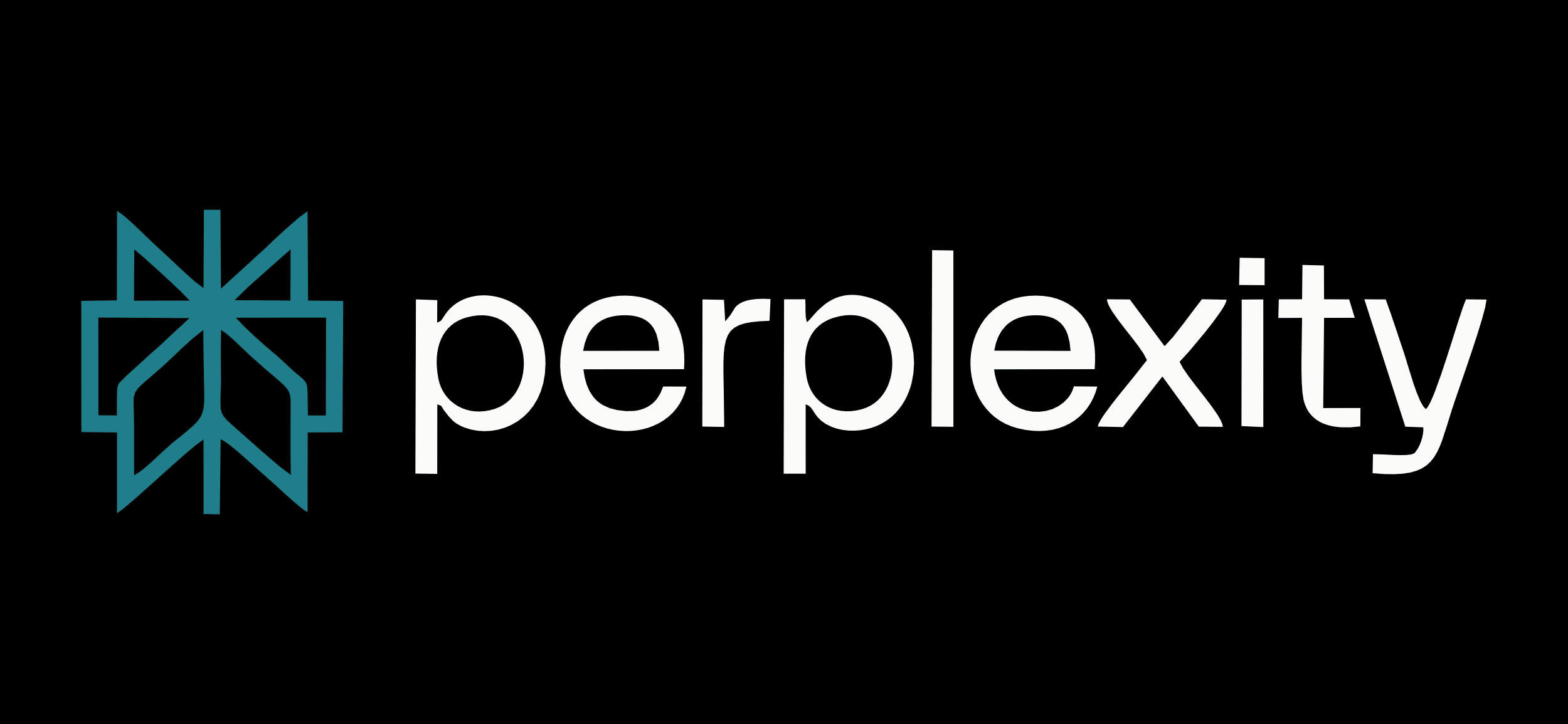Perplexity AI has made a surprise US$34.5 billion offer to acquire Google’s Chrome browser, which could align with antitrust measures under consideration in the US.
The San Francisco-based startup submitted the proposal in a letter of intent, claiming it would keep Chrome independent while prioritising openness and consumer protection.
The bid arrives as Google awaits a court ruling on potential remedies after being found to have maintained an illegal monopoly in online search.
US government lawyers have suggested Chrome’s divestment instead of allowing Google to strengthen its dominance through AI. Google has urged the court to reject such a move, warning that a sale could harm innovation and reduce quality.
Analysts at Baird Equity Research said Perplexity’s offer undervalues Chrome and may be intended to prompt rival bids or influence the judge’s decision. They added that Perplexity, which already operates its browser, could gain an advantage if Chrome became independent.
Google argues that most Chrome users are outside the US, meaning a forced sale would have global implications. The ruling is expected by the end of August, with the outcome likely to reshape the competitive landscape for browsers as AI increasingly shapes how users access the internet.
Would you like to learn more about AI, tech and digital diplomacy? If so, ask our Diplo chatbot!










